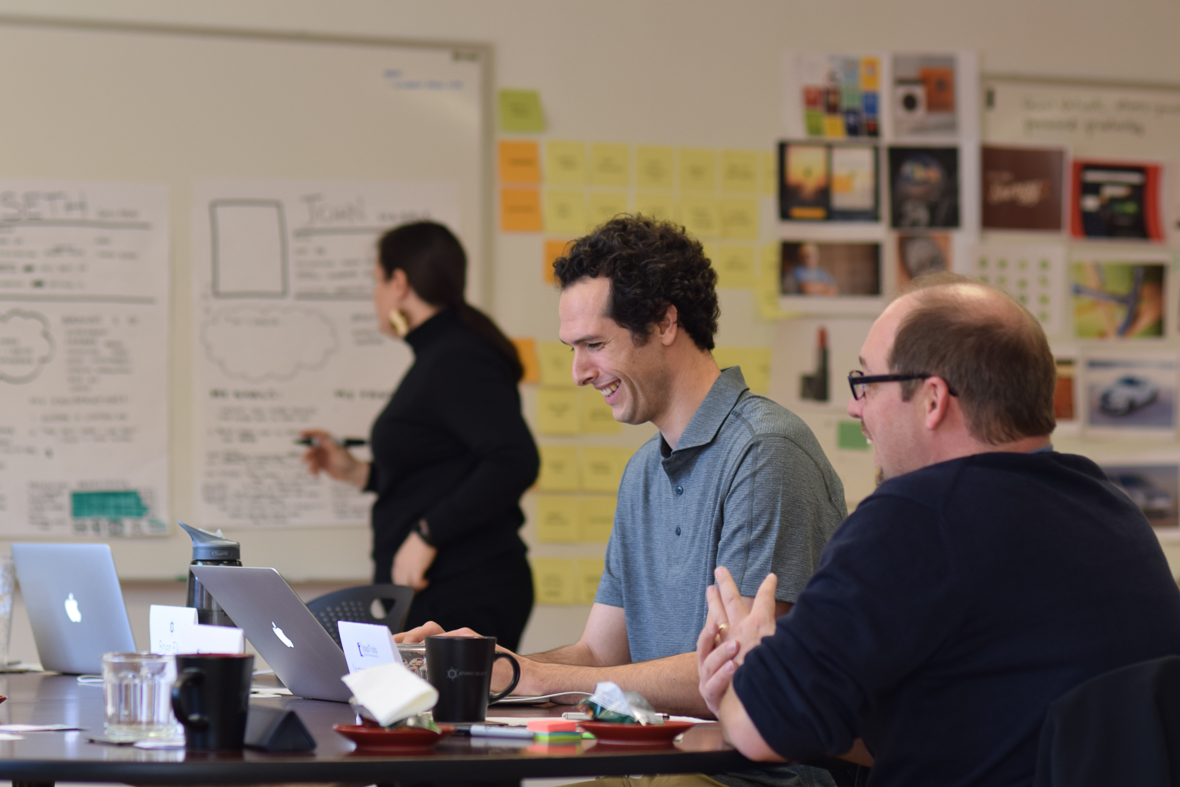Article summary
I recently heard the excellent talk “A Neurobiologist’s Guide to Mind Manipulation” by Casey Watts at EmberConf. Part of the talk focused on techniques for keeping a positive attitude, so no one shuts down or shies away from discussion during the project.
Basically, having positive, active teammates leads to a more effective team. Here are a few of the tips I took away from this talk.
1. Declare Unknowns
Before starting a feature, share any uncertainties you have about the feature with your team. It’s tempting to start a story without sharing—you don’t want to be perceived as a weaker developer because you don’t know something. But this fear can only grow as you get into the implementation, which could be slowed down by unforeseen problems.
By vocalizing any anxiety before starting a feature, you can let your team know that development of this feature might not be as smooth as anticipated. This can help you manage some of the time-related pressures of finishing a story. Also, by letting the whole team know about the potential risks you see in a feature, there’s a chance that someone on the team will offer a solution that can alleviate the potential problems.
2. Frame Issues Positively
Try to find positive outcomes during unfortunate situations. Over the course of the project, bad things can happen that will seem like a waste of time. For example, I had a test suite fail on me constantly because of a race condition. I had to spend hours tracking it down, looking into the framework my team built up and the related third-party library. The solution ended up being a one-line fix, and I felt pretty terrible for having spent so much time coming up with the fix.
Instead of seeing this as a waste of time, I can frame this negative experience as a learning experience. This unfortunate bug in the test suite gave me the opportunity to learn the underlying technologies of the application. A negative situation can lead to some positive outcomes, and pointing out these learning experiences can improve your morale.
3. Depersonalize Ideas
Don’t attach names to ideas. Instead of saying “Andy’s Idea,” it’s “Idea 1.” Team discussions can become too emotional if an idea is pinned with a person’s name. When arguments are made against these personalized ideas, it can make the namesake feel like they are being judged as a person. This might prevent a teammate from speaking up next time they have an idea, or it might discourage the team from questioning a potentially flawed plan. Removing the name allows for an environment where ideas are pitted against each other, not people.
What other ideas have you used to create a more effective team?

